Maintaining your vessel is crucial for both performance and safety.
With proper care, you will be able to enjoy your yacht for years without issues. Therefore, today, we want to provide you with a concise and precise guide, so you can take note of these important tips for boat maintenance.
1. Regular Inspection
The first and foremost priority for your vessel. A yacht is a complex system, and regular inspection will allow you to detect and address issues promptly, avoiding major damage and costly repairs.
Ensure to conduct regular inspections of the hull, deck, engines, electrical and plumbing systems, safety equipment, and any other critical systems.
Look for signs of wear, corrosion, or damage, and address any issues immediately (do not postpone them).
The frequency of the inspections will depend on the yacht’s usage, weather conditions, and manufacturer recommendations.
2. Professional Cleaning
Dirt, salt, mold, and other elements can damage your yacht’s surfaces, affecting its aesthetics, performance, and, of course, its value.
That’s why it is important to perform professional cleaning that removes these contaminants and protects your boat’s materials to prolong its lifespan.
Schedule regular professional cleanings for the hull, deck, and external components.
3. Oil and Filter Change
Oils and filters wear out with use and lose their ability to lubricate and protect engines.
It is important, therefore, to regularly change the oil and filters for proper engine performance, prevention of breakdowns, and reduced fuel consumption.
Note that manufacturer recommendations regarding the frequency of change, type of oil, and appropriate filters should be followed.
4. Electrical Systems Inspection
Periodically check your vessel’s electrical systems, including cables, batteries, and lights, to detect electrical failures, loose connections, corrosion, and other potential issues.
Have any defective components repaired or replaced to prevent electrical problems on the water.
A qualified electrician can perform the necessary inspection and repairs properly.
5. Engine Care
As you well know, the engine is the heart of your yacht. Hence, it is very important to keep it clean and follow a preventive maintenance program, according to the manufacturer’s recommendations for inspections, lubrication, oil and filter changes, and other maintenance tasks.
Regularly check belts, hoses, and fluids to ensure optimal operation.
A qualified marine mechanic can perform engine maintenance and ensure its proper functioning.
6. Anticorrosive Protection
Corrosion is a constant enemy for yachts, as it affects metal, fiberglass, and other materials.
Use anticorrosive products on all metal components exposed to saltwater. Regular application of anticorrosive protection, such as paints, varnishes, or special coatings, prevents corrosion, keeps the yacht in good condition, and extends the lifespan of components.
The appropriate type of anticorrosive protection will depend on the yacht’s materials and the climatic conditions in which it is used.
7. Safety Check
Luxury yachts are no exception when it comes to safety.
Ensure to perform necessary regular inspections of safety equipment, such as life jackets, lifeboats, fire extinguishers, signaling devices, and communication equipment.
Also, it is important to ensure that all passengers are familiar with their use.
8. Proper Storage
When your boat is not in use, store it properly to protect it from weather, dirt, and other damage.
Cover the yacht with a tarpaulin to shield it from the weather and store it in a secure, enclosed, and dry location, if possible.
It is important to disconnect the batteries, empty water and fuel tanks, and secure the yacht to prevent theft or damage.
9. Training and Certification
Operating a luxury yacht requires training and certification for both the captain and the crew.
This training enables them to understand the yacht’s features, safety systems, navigation standards, and emergency procedures.
Certification ensures that the captain and crew have the necessary knowledge and skills to operate the yacht safely and responsibly.
Therefore, always hire certified professionals to carry out these more complex tasks. Remember that proper training can prevent extremely costly problems.
10. Records and Documentation
Maintain detailed records of maintenance, repairs, and inspections of the yacht, along with all relevant documentation such as manufacturer user manuals, service invoices, and inspection certificates.
This documentation is essential to keep the yacht’s history and can be useful for tracking, maintenance management over time, troubleshooting, and compliance with maritime regulations.
Boat Maintenance for Everyone’s Enjoyment
Follow these tips for boat maintenance to keep your yacht in optimal condition and ensure a safe and enjoyable experience on the water.
Remember—the safety and longevity of your vessel depend on regular maintenance.
